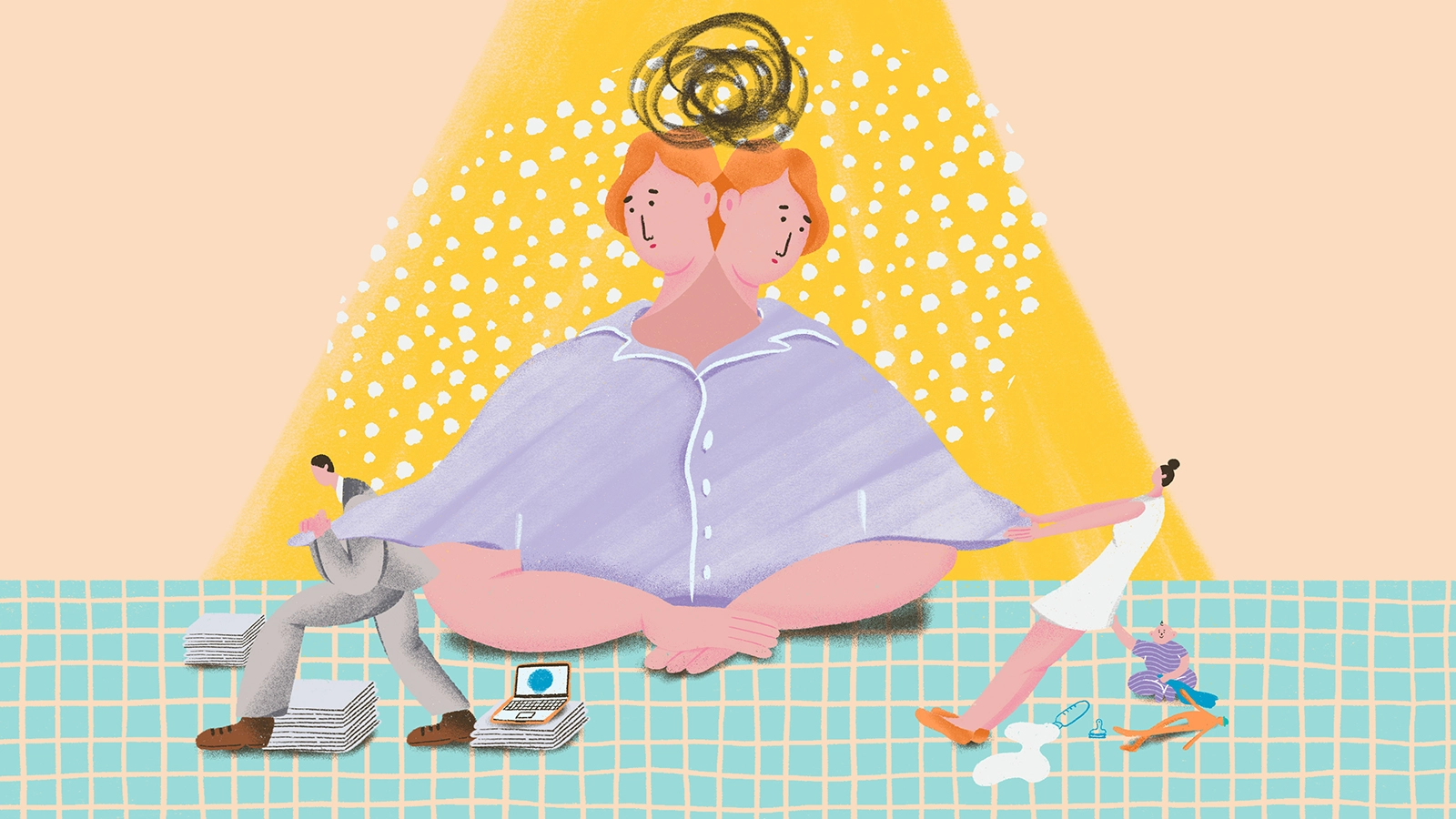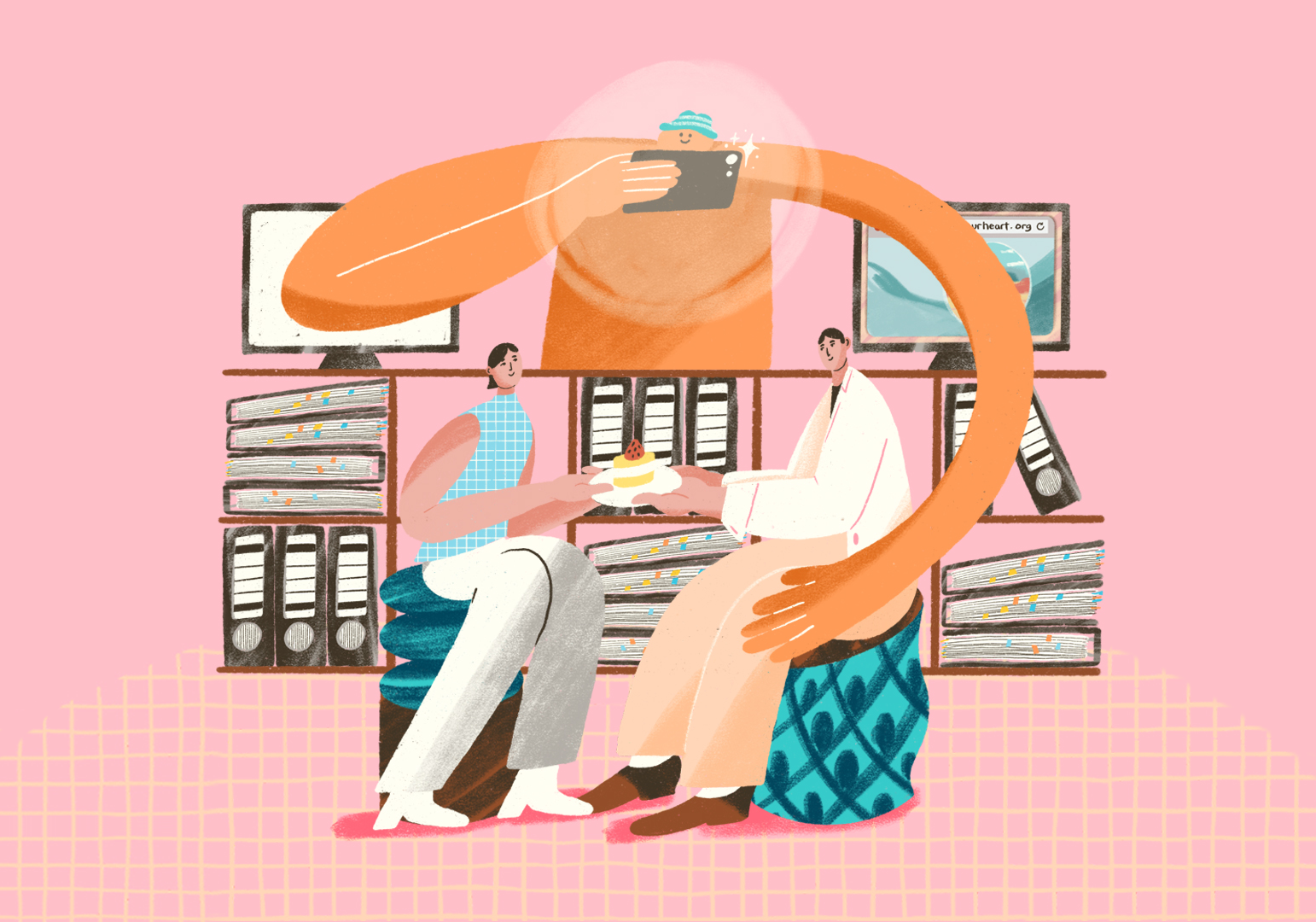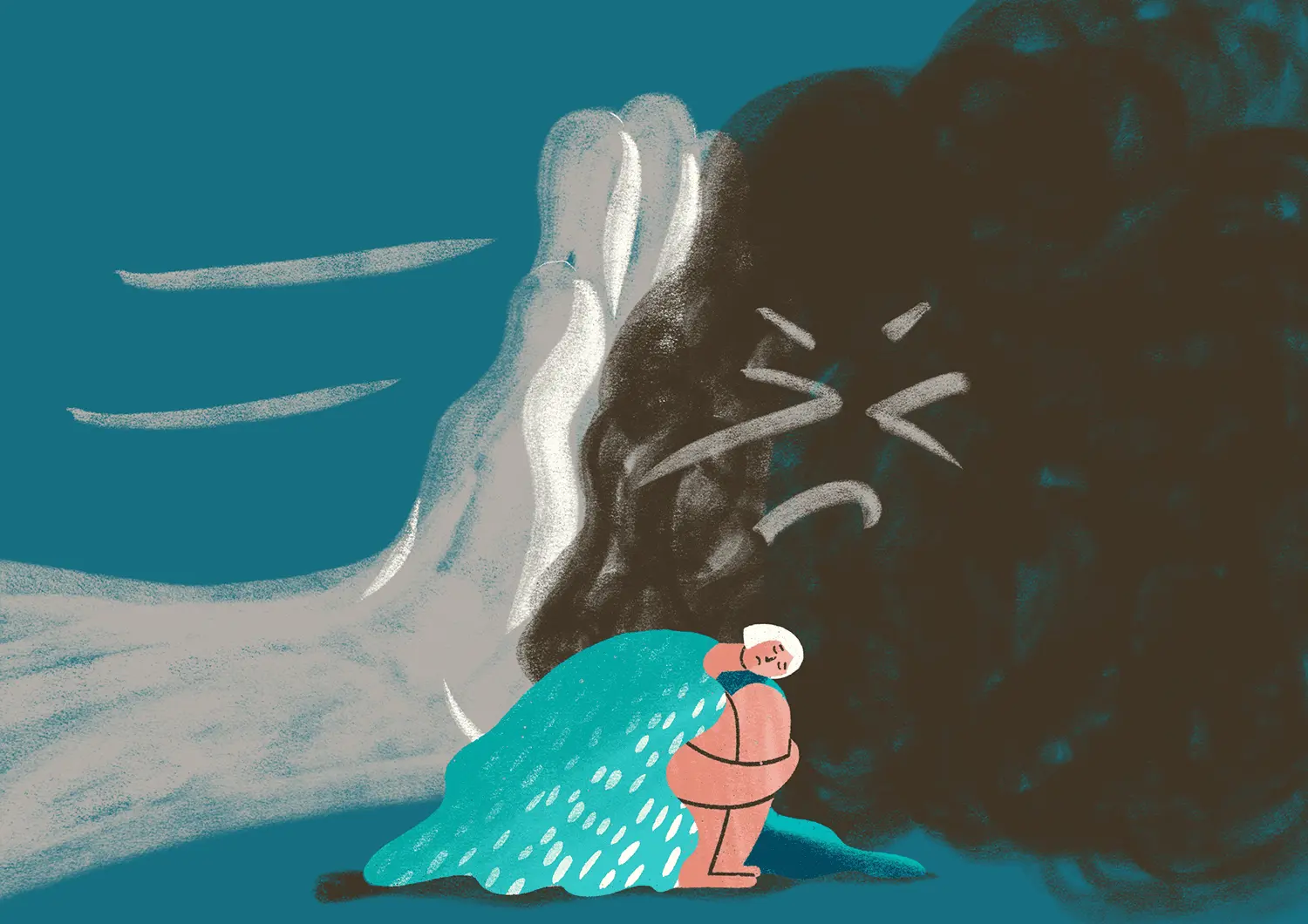
"As a caregiver, I feel like Sisyphus piling rocks on a cliff.” Zoe said. In Greek myth, Sisyphus is a penalized man who has to roll a rock up to the top of a mountain, only to have the rock roll back down to the bottom every time he reaches the top. Day after day, Sisyphus does strive, a futile task that he must repeat.
Zoe is a 1990s-born millennial freelancer and has been her father's caregiver since mid-2022. Her father is in his nineties and has dementia. Yet, fortunately, he has never had any major health problems and seldom needs to see a doctor. However, his father suddenly vomited coffee-colored fluid at home last year, and was hospitalized for a month. “My dad was diagnosed with biliary tract inflammation. After returning home, he got a fever and had to be hospitalized once again. The doctor suspected my dad got sepsis and injected positive inotropic agents along with antibiotics. I was terrified that it would be my father's last moment.” Zoe recounted.
Later on, the computerized tomography revealed a tumor, and the doctor said it was cancer. However, because of her father's seniority, no active treatment was recommended. She was deeply concerned that her father's days were numbered, so she immediately quitted her full-time job and arranged with her mother to take care of him on a shift basis; with her mother taking care of him in the daytime and her in the evening.
Zoe once saw herself as a carefree, free-spirited person whose focus was solely on her own desires, with little concern for her family. However, she has since undergone a transformation, shifting from enjoying a nomadic lifestyle to becoming a devoted daughter who prioritizes and cherishes her family.
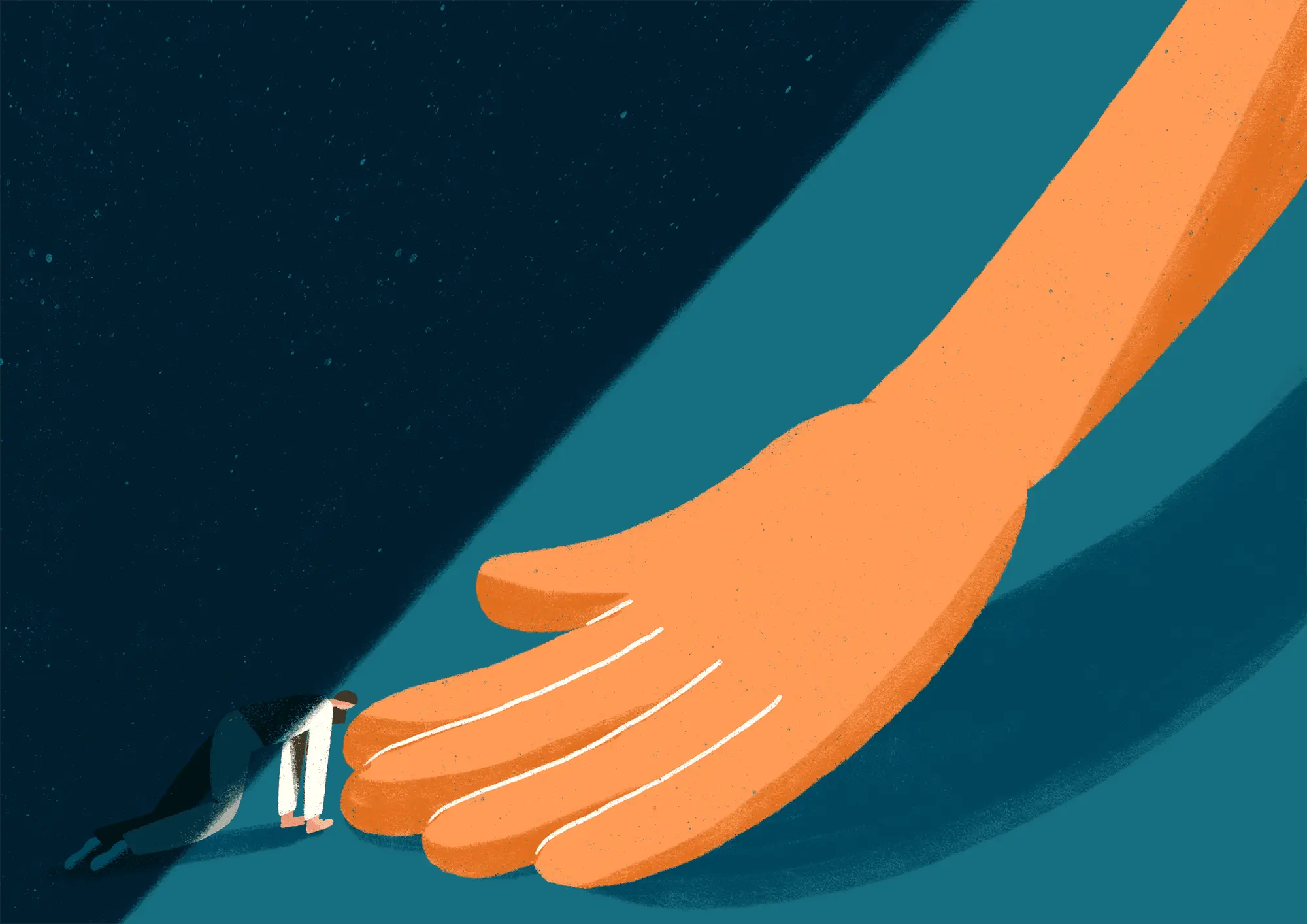
The Loneliness Validated by Older Adults, Yet Overlooked by Peers
Never thought of being a full-time caregiver, Zoe's life has changed drastically. “Initially, I had a full-time job, but due to constant hospital calls, it was challenging for me to focus on my work. This not only affected my professional life but also took a toll on my relationships. My emotional state would fluctuate with my father's health, and I would only seek comfort from close friends, avoiding social gatherings.”
Even though Zoe is only in her twenties, she feels like dealing with issues that are more commonly faced by middle-aged people. “When I need advice, I turn to the Baby Kingdom forum instead of LIHKG. For example, when trying to find the right doctor for cancer treatment, I asked for recommendations in Baby Kingdom. If I come across unprofessional doctors or nurses, I look for support and understanding from others in the same boat, most of whom are in their 50s or 60s. Even when I talked to my close friends and parents over a meal, my close friends may not fully understand my struggles, but their parents always empathized and said things like 'I know how you feel'. It's heartwarming to have the care and concern of older adults.”
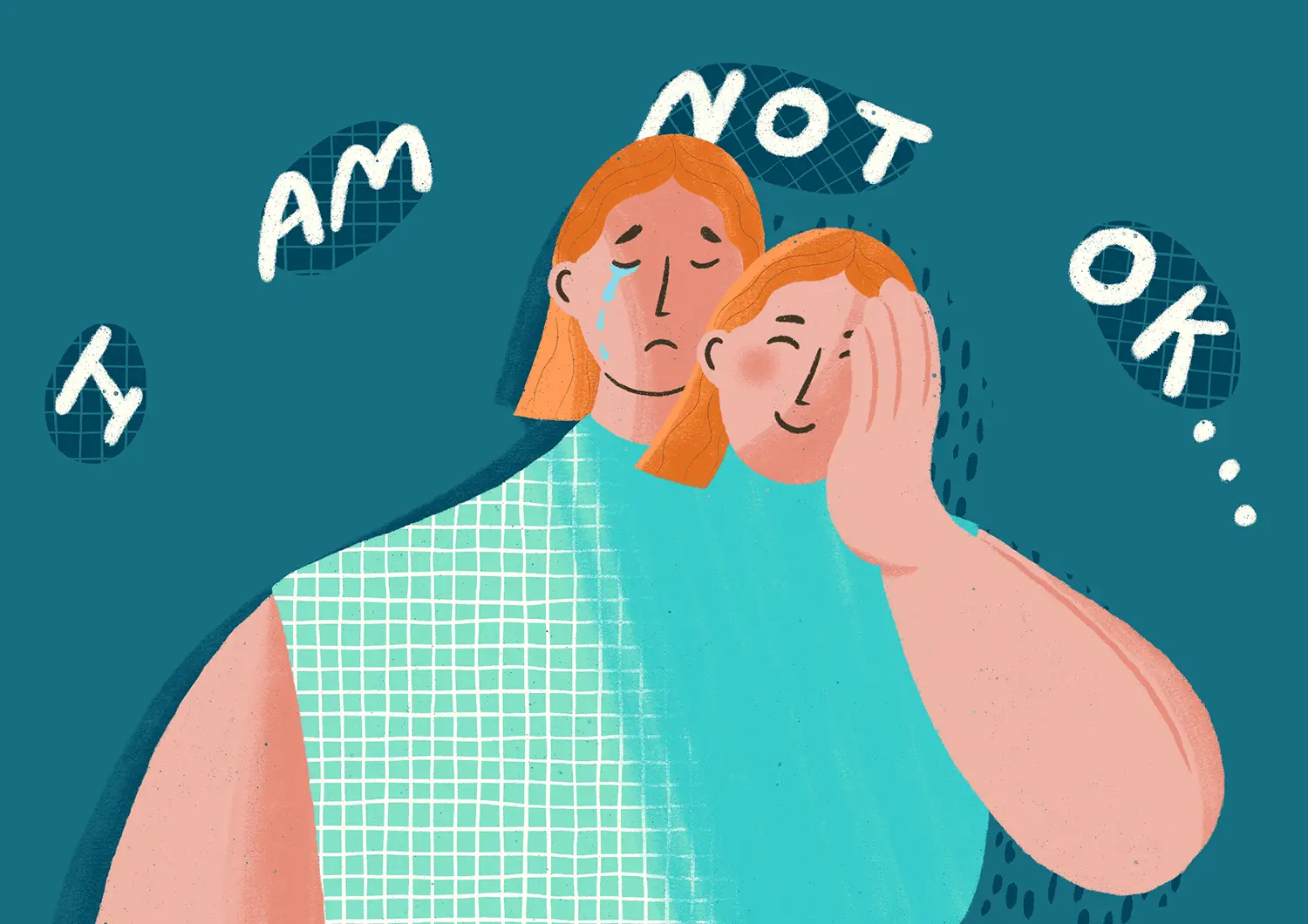
Overwhelmed by Conflicting Emotions- "Ending the Role of Caregiver Means My Father Passes Away"
When asked about Zoe's most common emotions as a caregiver, she rattled off a list:
“Hate”, “Trapped”, “Suffocated”, “Feeling overwhelmed”
Finally, she summed it up by saying, “Actually, the main emotion is suppression.”
On one occasion when Zoe’s father was unwell, “he tugged on my hair and shirt while blaming me for not doing a good job. I was taken aback and thought to myself- I’ve been taking care of you so well, why could you do this? As my father faces difficulty in swallowing, I have to be extra cautious when feeding him. I fear he might choke, so I have to mix his food with milk and solidification powder, assist with his dentures, apply denture adhesive, feed him bite by bite, monitor his intake, clean his dentures, and at times, he wants to eat again after he has the dentures on. It's a tiring job, and I feel exhausted all night long. Every day, the work is repeated, akin to Sisyphus endlessly pushing the rock uphill.” Zoe shared that when her father put the blame on her, she would lose her calm and subsequently feel distressed and wounded.
In the midst of suppressed emotions, despair and conflicting feelings intermingle. Since becoming a caregiver, Zoe feels like the self that used to be vibrant and carefree - a symbol of who she was, seems to have disappeared. In its place, she feels sensitive, restless, helpless, and frustrated, stumbling along the path of caregiving. “I feel like I've aged so much. Last year, I was still dressing up and having fun... Sometimes, I feel awkward - why is it that someone like me, who's well-educated, has to resort to being a caregiver and doing all this dirty work? Sometimes, I wish this kind of life would end, but at the same time, I don't want it to end because that would mean my father has passed away.”
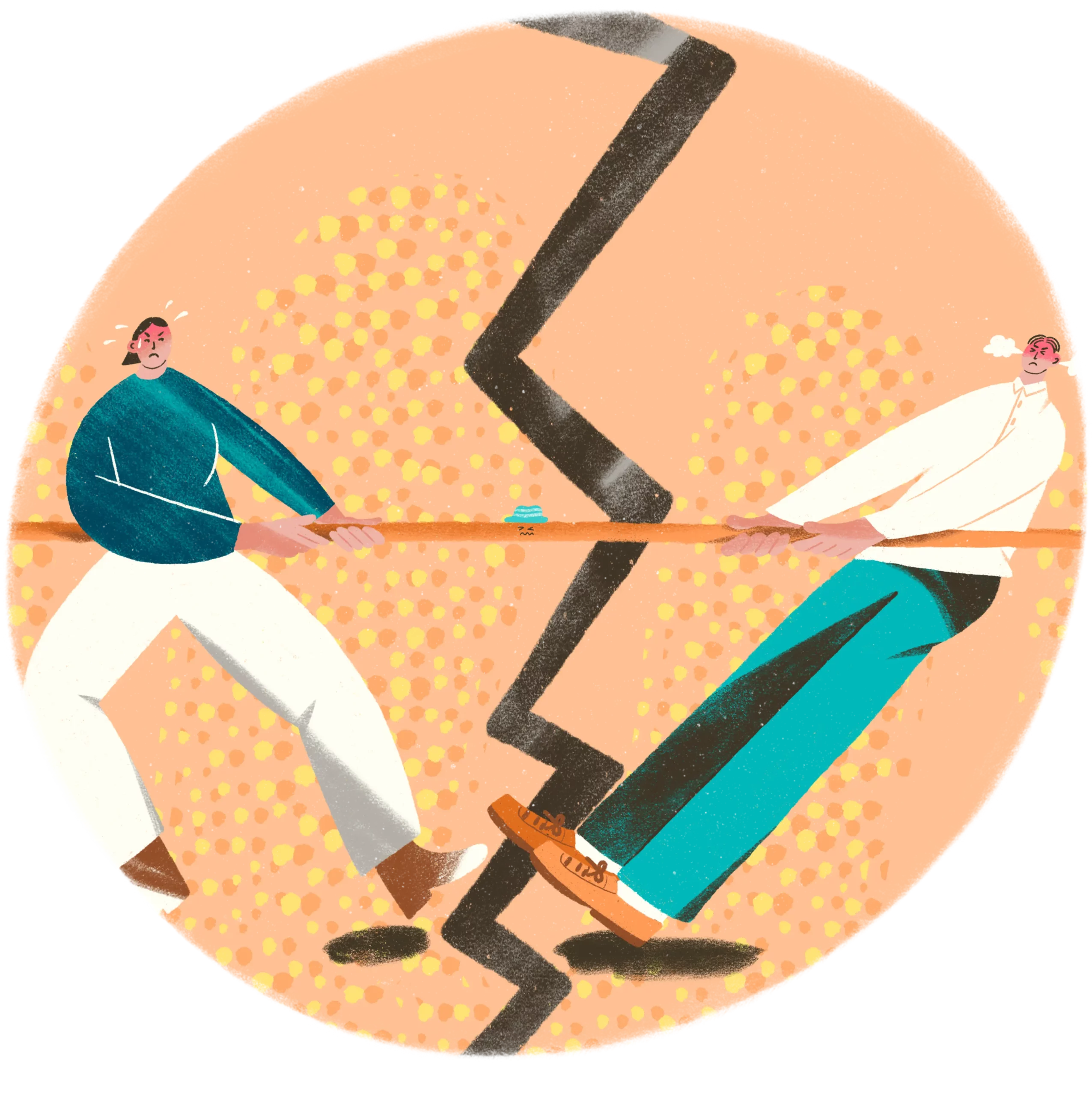
Besides dealing with the physical and emotional stress, Zoe also feels deeply hurt and angry about the lack of understanding and criticism from outsiders towards caregivers. “I would describe the work of caregiving as a thankless task, where I feel like I'm constantly being criticized by others. I've had family members ask me why I'm not studying or working during the day, and even question why I'm not planning for the future. But the truth is, even if a paid caregiver comes to my home every day to take care of my dad, I'm still closely monitoring everything they do.”
Contemplating the Bond with Father: A Bittersweet Connection
Faced with the pressures that she has never shouldered for the past 20 years, Zoe pointed out that there were actually many silver linings. "Looking back, I only came to deeply understand the bond between my father and me - as my father has dementia, I used to assume that we couldn't communicate effectively. But after he entered the hospital, I tried to spend time with him every day, bringing my university certificate, photos, and toys to the hospital to be his 'spiritual opium.' I, who usually do not worship, knelt and prayed to the ancestors every morning and evening for several months, only asking them to bless my dad. When I brought my father home from the hospital, seeing him reading the newspaper and eating as usual filled me with an unprecedented feeling of gratitude. And my father has so many adorable moments. As a senior with dementia, he is like a child, holding onto me, praising me, and saying 'I love you the most' in the most innocent way. This experience made me realize that my father is more important than anything else."
Zoe also shared that being able to get through the past year was made possible by the support of her peers and setting aside time to unwind. "Fortunately, my friends live near my place and have flexible jobs. Sometimes, after I finished the caregiving work at night, I could go to my friend's house to rest. And also thanks to Big Bang's music, it helped me distract and ease my worries."
Economically, Zoe is fortunate to have her brother's support, so it hasn't been a problem. However, she points out that the cost of hiring professional caregivers is very expensive. "It costs around $150 for an hour and about $1,000 a day, which adds up to $30,000 a month. Although my brother can afford my father's medical expenses, my personal finances have been greatly affected, and I spent almost all of my savings last year."
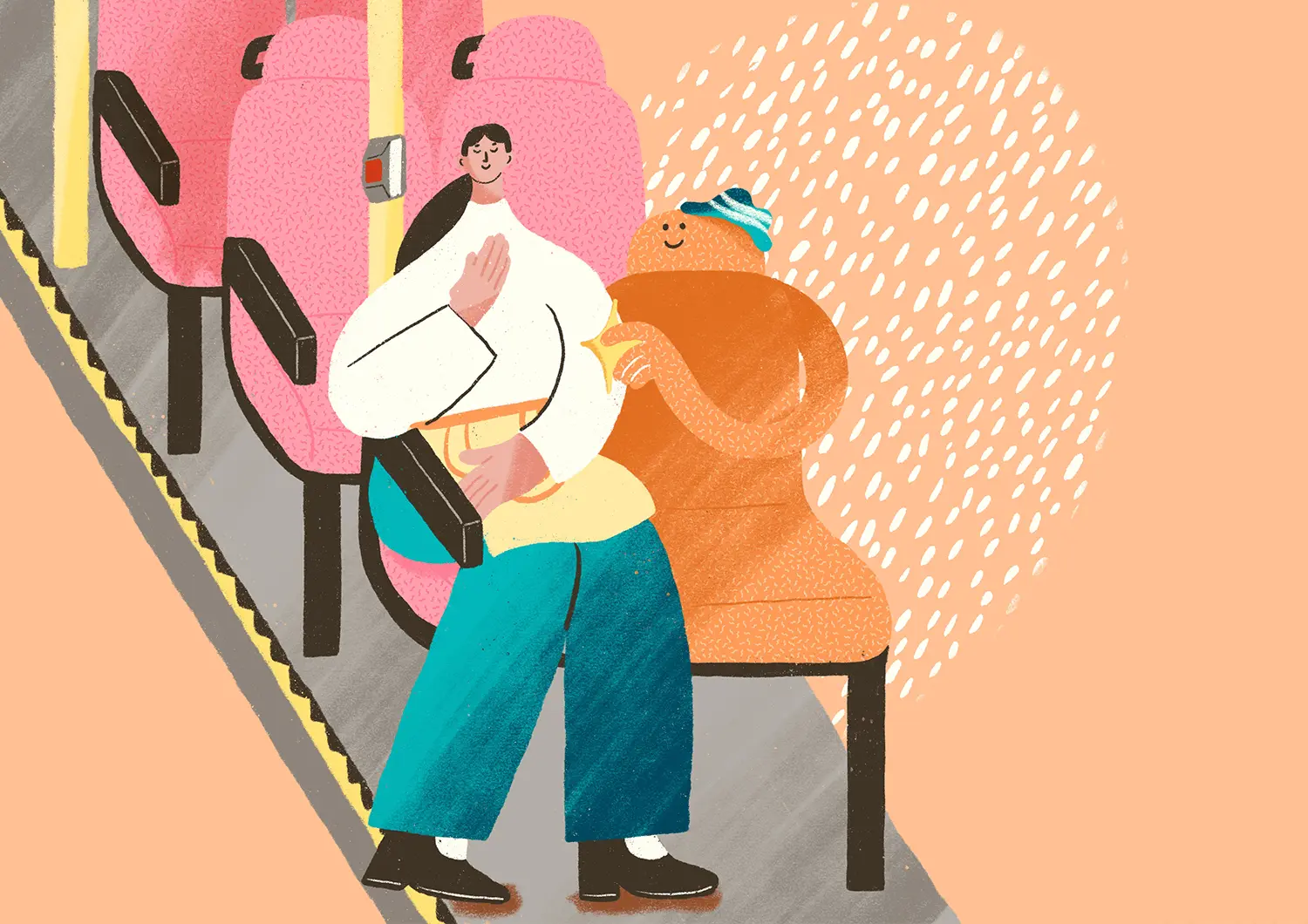
Speaking of community support, Zoe shared that there has been home medical services provided by the Pamela Youde Nethersole Eastern Hospital, which has helped to alleviate the burden. For example, nurses and physiotherapists came to the house to help her father with wound care, blood pressure monitoring, and rehabilitation exercises. The hospital also has "Telephone Nursing Consultation Service”, a dedicated support line which follows up with high-risk older patients who have been discharged and provides medical information to caregivers, as well as timely interventions and referrals, such as medication changes and emergency contact with doctors. In addition, the nursing home staff also helped Zoe to arrange daytime care centers for her father.
In reality, there are many support services available for caregivers in the community, but they are often scattered and not widely known. Many caregivers are not aware of the resources available to them or how to navigate the application process. If society can come together to create a collective awareness of supporting caregivers, and if the government can provide a one-stop platform for caregivers and guide them in utilizing the support systems available, we can build a stronger safety net for caregivers.
After a year had passed and the pandemic began to subside, Zoe's father's condition stabilized and her brother was finally able to hire a foreign domestic helper to take care of their father. As a result, Zoe was able to step back from her role as a caregiver and spend more relaxed time with her father, such as chatting over meals and sitting in the park. Although Zoe could return to full-time work, she has decided against it. "Now I am pursuing a 'slasher' career path, as working full-time is too tied up. Instead, I will work hard as a part-timer and take on freelance work to earn enough to support myself."
In addition to Zoe, there are many hidden caregivers among us, each with their own unique age, identity, physical condition, social status, financial capacity, and social network. Experiencing similar feelings of desperation, oppression, and helplessness, these caregivers silently reside in different corners of society, facing a variety of challenges and making difficult choices.
Sisyphus is continuously pushing the rock up the mountain. While some may view the act as Sisyphus' personal struggle, with the notion that "everyone has their own path", what if someone were to lend a helping hand or even walk alongside him for a period of time, adding some variety and beauty to the journey? It's possible that Sisyphus could feel a sense of warmth, empathy, and acceptance in his hardship.
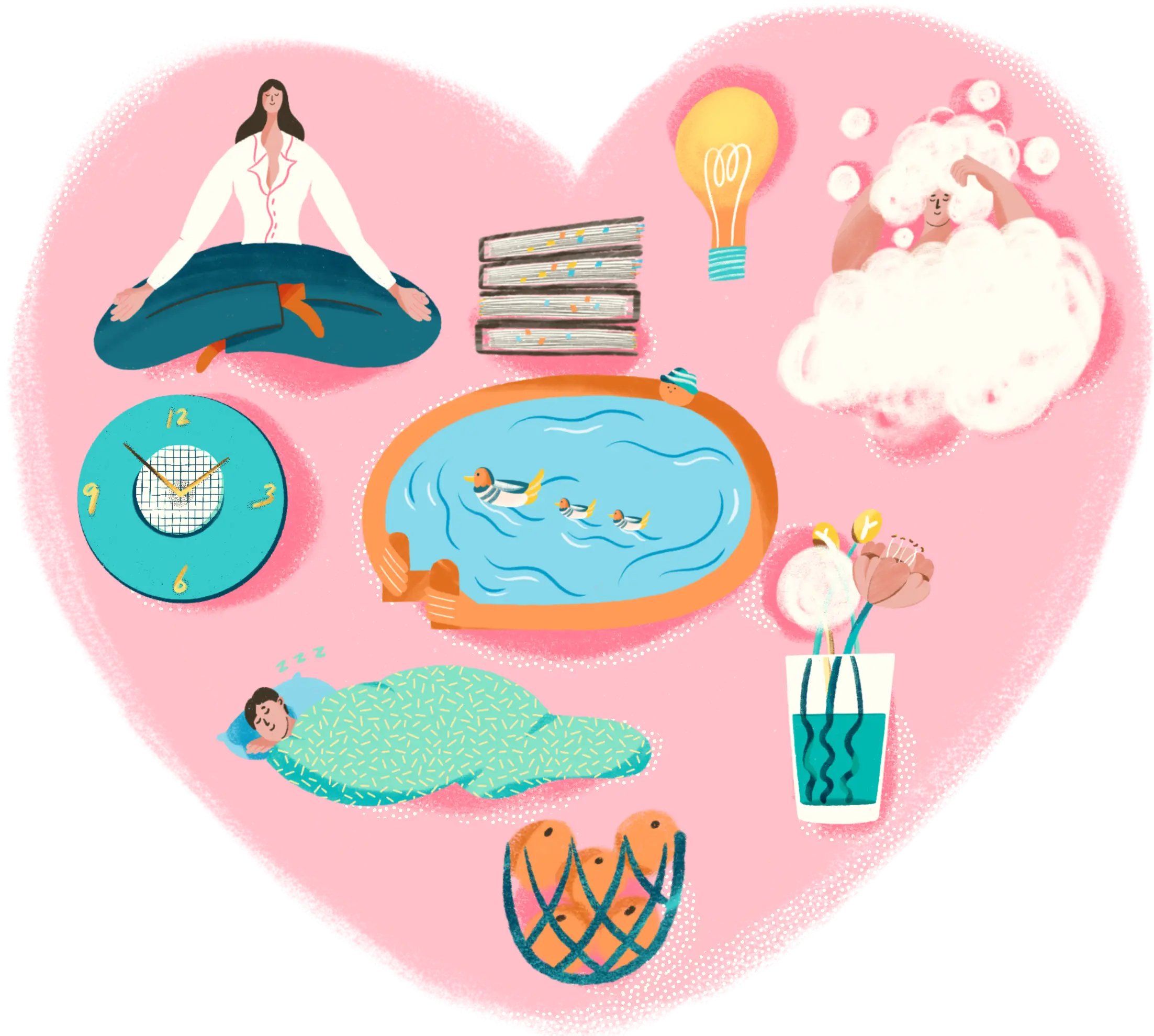
According to clinical psychologist Ella Tsang, caregivers can easily be overlooked in the caregiving relationship. It's common for caregivers to feel conflicted and self-critical when balancing the needs of others with their own. Younger caregivers may also experience loneliness due to lifestyle differences with peers.
To address these challenges, Tsang recommends three strategies that caregivers of all ages can use to prioritize their own needs:
Set realistic expectations for themselves:
It's important to recognize that everyone has limitations in terms of time, physical strength, and ability. If we set excessively high expectations for ourselves, we may become overwhelmed, self-doubtful, and disappointed when we can't complete everything on our to-do list. To avoid this, caregivers can create a list of tasks they need to accomplish and those they want to do. Then, they should objectively and realistically select tasks that they can complete within their capabilities. It's important to prioritize the most critical tasks and to adjust the list when necessary. If a caregiver finds that they are not completing their tasks or feeling exhausted from attempting to complete everything, they should shorten and prioritize the list even further. By setting realistic expectations, caregivers can avoid feeling overwhelmed and focus on accomplishing what they can realistically achieve.
Practicing self-compassion:
It's natural to feel wronged, angry, or overwhelmed while caring for someone else, and these feelings do not make caregivers selfish or unloving. In fact, acknowledging and responding to our own emotions and needs can help us care for others in a healthy way. Self-compassion involves developing awareness of our feelings, using patient self-talk, understanding our own needs and limitations, and being kind to ourselves. Treating ourselves with compassion doesn't mean ignoring the needs of others. Instead, it means listening to our own hearts and minds in order to care for ourselves and others in a healthy way. Caregivers can benefit from practicing self-compassion exercises that are available on our platform and incorporating them into their daily lives.
Developing a social network of support:
While caregiving can be a fulfilling experience, it can also be emotionally and physically draining. It's important for caregivers to have people in their lives who can offer the support they need. Caregivers can identify individuals who can meet their diverse needs, such as friends who provide relaxation and enjoyable company, empathetic listeners who can offer emotional support, and professionals who can provide specialized care. Each member of the caregiver's support network has a unique role to play, and caregivers can choose different roles based on individuals' abilities and expertise, rather than solely on their proximity. By building a diverse support network, caregivers can receive the assistance they need to manage the demands of caregiving. This can help reduce stress, improve well-being, and provide a sense of connection and community.
By using the methods mentioned above, we can aim to strike a healthy balance between providing care for others and fulfilling our personal needs. Caring for others can be a challenging task. It's crucial for caregivers to remember that they are not just caregivers but also individuals with multiple facets and responsibilities. It's important to prioritize self-care and integrate "being kind to yourself" into your daily routine. By doing so, caregivers can increase their capacity to face life's challenges.


